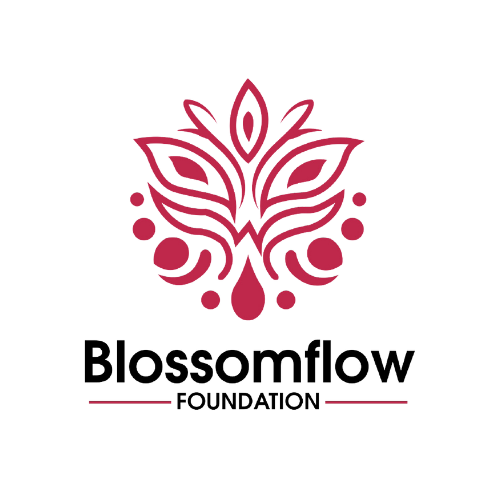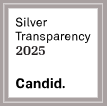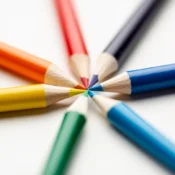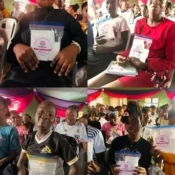
Period Poverty Ends Here: No More Stigma
Menstruation is a natural biological process, yet millions of women and girls around the world face stigma, lack of resources, and limited access to menstrual health products. Period poverty, the inability to afford or access sanitary products—affects education, health, and economic opportunities, making it a critical issue in the fight for gender equality.
In this blog, we explore the impact of period poverty, the challenges it creates, and sustainable solutions to ensure every girl and woman can manage their menstrual health with dignity and without stigma.
What is Period Poverty?
Period poverty refers to the lack of access to menstrual products, hygiene facilities, education, and proper sanitation. It affects millions of girls and women worldwide, particularly in low-income and rural communities. The consequences of period poverty go beyond hygiene; it impacts education, mental health, and overall well-being as well as causes stigma.
Shocking Facts About Period Poverty
- 1 in 10 girls in Africa misses school due to their period (UNESCO).
- 500 million women globally lack adequate menstrual hygiene resources (World Bank).
- Some girls are forced to use rags, leaves, or old newspapers instead of sanitary products.
How Period Poverty Affects Women and Girls
-
Education Disruptions
Many girls miss school during their periods due to a lack of sanitary pads, water, and safe spaces to manage menstruation. Over time, repeated absences lead to poor academic performance, stigma, and in some cases, girls drop out entirely.
Example: In Nigeria, some girls miss up to 50 days of school per year due to period poverty.
-
Health Risks
Using unhygienic alternatives like dirty rags or toilet paper can lead to infections, skin irritations, and serious reproductive health issues. Poor menstrual hygiene also increases the risk of urinary tract infections (UTIs) and toxic shock syndrome (TSS).
-
Economic Burden
Menstrual products are expensive and often taxed as luxury items instead of being considered basic necessities. In many households, families prioritize food and rent over purchasing sanitary pads.
Example: In some African and Asian countries, sanitary products cost the equivalent of a week’s worth of food for low-income families.
-
Social Stigma and Shame
Cultural taboos surrounding menstruation lead to stigma, discrimination, isolation, and embarrassment. Some girls are told they are “unclean” and are prohibited from cooking, praying, or interacting with others during their periods.
Example: In Nepal, the harmful practice of Chhaupadi forces menstruating girls to sleep in huts outside their homes, increasing their risk of exposure to extreme weather and sexual violence.
Sustainable Solutions to End Period Poverty
-
Free and Affordable Menstrual Products
Governments and NGOs must prioritize making sanitary pads, tampons, and menstrual cups more accessible. Some countries have already taken action:
- Scotland became the first country to provide free period products to all citizens.
- Kenya removed taxes on sanitary pads to make them more affordable.
What Can Be Done?
- Governments should provide subsidized or free period products in schools, workplaces, and public facilities.
- Companies should include menstrual hygiene products in workplace policies to support employees.
-
Menstrual Health Education
Comprehensive menstrual education is essential to breaking taboos and empowering girls to understand their bodies. Both boys and girls should be educated about menstruation to normalize the conversation, to not stigmatize or be stigmatized.
What Can Be Done?
- Schools should introduce menstrual health as part of the curriculum.
- Parents and caregivers should have open discussions with their daughters about menstruation.
- Social media campaigns should promote awareness and education about stigma and menstrual health.
-
Sustainable and Reusable Menstrual Products
Eco-friendly alternatives like menstrual cups, reusable cloth pads, and period underwear are cost-effective and environmentally sustainable. These products last longer and reduce waste compared to disposable pads and tampons.
What Can Be Done?
- NGOs and businesses should promote affordable and sustainable menstrual products.
- Schools should train girls on how to use and maintain reusable pads.
-
Improved Sanitation and Safe Spaces
Many schools and workplaces lack clean, private toilets where girls can manage their periods. Water, soap, and disposal facilities are essential to maintaining good menstrual hygiene.
What Can Be Done?
- Governments should ensure schools and public places have proper sanitation facilities.
- Workplaces should provide menstrual-friendly restrooms with proper disposal units.
-
Ending Stigma and Cultural Barriers
To break the cycle of period shame, we need more open discussions, media representation, and advocacy efforts. Men and boys should also be part of the conversation to eliminate harmful myths and promote inclusiveness.
What Can Be Done?
- Media should highlight positive menstruation stories to normalize the topic.
- Religious and community leaders should challenge cultural taboos surrounding menstruation.
- Workplaces and institutions should include period-friendly policies for employees.
6. Support Local Period Poverty Campaigns
Engage with or donate to grassroots organizations actively working in underserved communities. Your support helps provide menstrual kits, education, and advocacy on the ground.
7. Advocate for Policy Change
Push for laws and policies that address period poverty at local, national, and international levels. Policy change is essential for systemic solutions that last.
8. Encourage Corporate Social Responsibility (CSR)
Businesses can contribute through CSR programs by funding menstrual health initiatives, sponsoring school programs, and donating products to shelters and low-income communities.
Conclusion
Period poverty is not just a women’s issue—it’s a human rights issue. The inability to manage menstruation with dignity robs women and girls of opportunities, health, and self-worth. Tackling this issue requires a collective effort from governments, communities, educators, and individuals. By advocating for access to menstrual products, education, and safe sanitation, we move closer to a world where no girl has to miss school, feel ashamed, or suffer because of her period. Let’s stand together to break the stigma, ensure equality, and make menstrual health a universal priority.
All Categories
Recent Posts
Why SDG 4 Cannot Be Achieved Without Ending Period Poverty
Tags
Give them a helping hand
Every donation fuels our mission to combat period poverty. Your generosity brings us closer to menstrual equity.
+234-909-482-1642
inquiries@blossomflow.org




